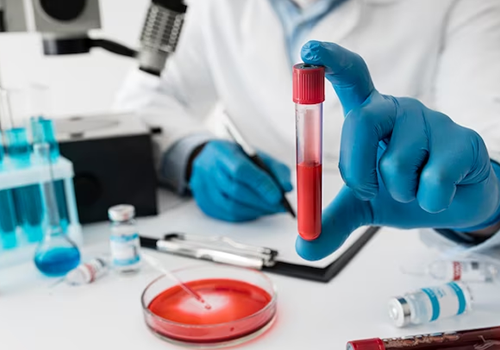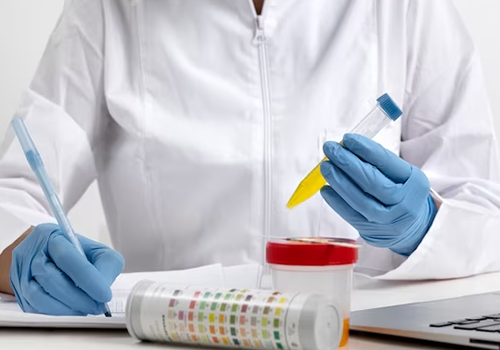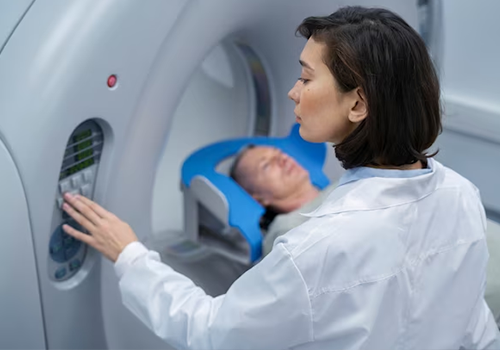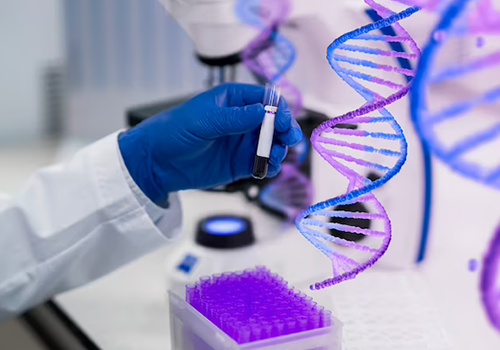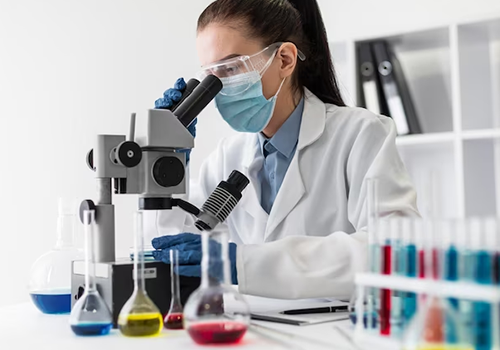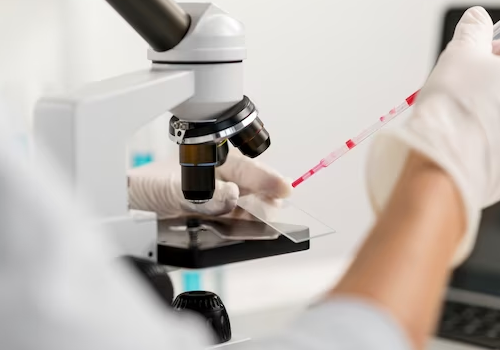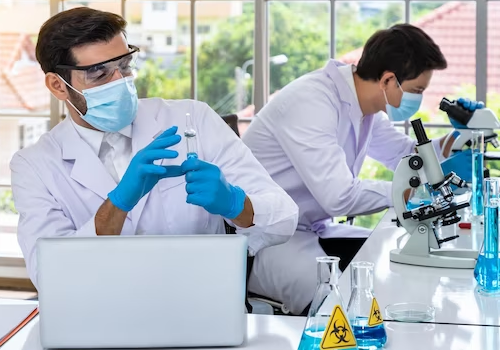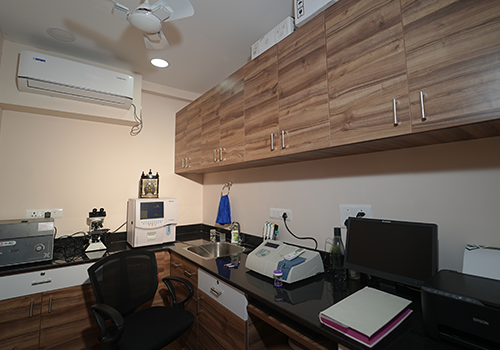- for appointments and home laboratory service
 +91 9164688217
+91 9164688217 080-8035875605
080-8035875605-

Time 8 am to 9 pm
- Working Hours
-
 Time 7.30 am to 9 pm (Monday to Saturday)
Time 7.30 am to 9 pm (Monday to Saturday) -
 Time 8 am to 1 pm (Sunday)
Time 8 am to 1 pm (Sunday)
- location
-
 Satva speciality clinic and preventive health centre: RBI Layout, Kothanooru Main Road, J.P. Nagar, 7th Phase Bangalore 560078
Satva speciality clinic and preventive health centre: RBI Layout, Kothanooru Main Road, J.P. Nagar, 7th Phase Bangalore 560078

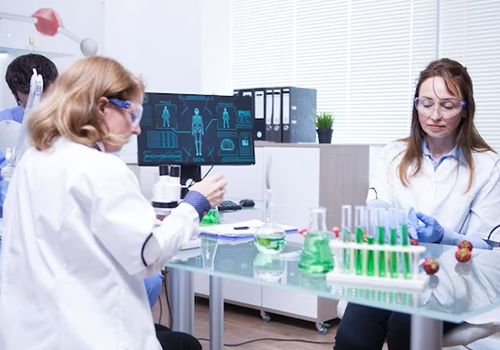
 Laboratory services provide valuable information to doctors for better diagnosis and treatment of patients, thus enabling early diagnosis, better treatment and decline in premature deaths.
Laboratory services provide valuable information to doctors for better diagnosis and treatment of patients, thus enabling early diagnosis, better treatment and decline in premature deaths.